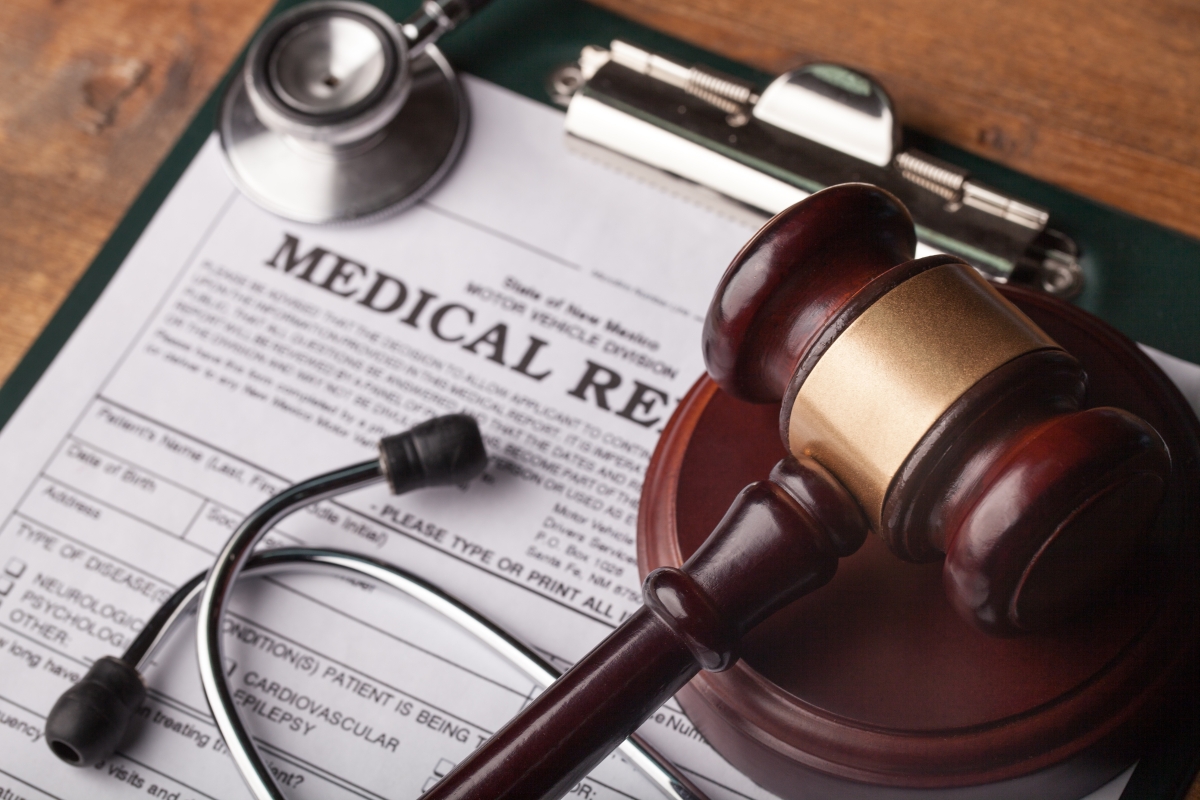
Legal Tips For Patients Suffering Due To Dangerous Medical Devices
Legal Tips for Patients Suffering Due to Dangerous Medical Devices
The use of medical devices has become increasingly prevalent in modern healthcare, providing patients with essential support for various medical conditions. However, when these devices are defective or dangerous, they can lead to severe health complications and suffering. Patients affected by such devices often find themselves in need of legal guidance to navigate their rights and potential remedies. This article provides comprehensive legal tips for patients suffering due to dangerous medical devices, outlining steps to take, legal options available, and important considerations.
Understanding Dangerous Medical Devices
Definition of Medical Devices
Medical devices encompass a wide range of products used in healthcare settings, including surgical instruments, implants, diagnostic equipment, and more. They are designed to diagnose, prevent, monitor, or treat medical conditions. However, when these devices malfunction or are poorly designed, they can cause significant harm.
Types of Defects in Medical Devices
Defective medical devices can fall into several categories based on the nature of the defect:
- Design Defects: Flaws inherent in the design that make the device unsafe or ineffective.
- Manufacturing Defects: Errors that occur during the production process, resulting in a device that deviates from its intended design.
- Labeling or Marketing Defects: Inadequate warnings or instructions regarding potential risks associated with the device.
Common Examples of Dangerous Medical Devices
Patients should be aware of specific types of medical devices that have been associated with safety issues:
- Hip Implants: Problems such as loosening or breakage can lead to pain and require revision surgery.
- Pacemakers: Malfunctions can result in life-threatening arrhythmias.
- Surgical Mesh: Defective mesh can cause infections and chronic pain.
- Breast Implants: Complications may include rupture or leakage.
- Blood Glucose Monitors: Inaccurate readings can lead to dangerous health outcomes for diabetics.
Legal Rights and Options for Patients
1. Identifying Your Legal Rights
Patients harmed by defective medical devices have specific legal rights. Understanding these rights is crucial for pursuing compensation:
- Right to Safe Products: Patients have the right to expect that medical devices are safe and effective.
- Right to Compensation: If harmed by a defective device, patients may seek compensation for their injuries.
2. Steps to Take After Suffering Harm
If you suspect that you have been harmed by a dangerous medical device, follow these steps:
Seek Medical Attention
- Consult with a healthcare provider immediately to address any health issues caused by the defective device.
- Document your medical treatment and any complications arising from the device.
Preserve Evidence
- Keep all medical records related to the device and your treatment.
- Retain receipts for any expenses incurred due to the injury.
Consult with an Attorney
- Schedule a consultation with a personal injury attorney experienced in handling defective medical device cases.
- An attorney can evaluate your case and explain your legal options.
3. Legal Avenues for Compensation
Patients may pursue compensation through various legal avenues:
Product Liability Lawsuits
Patients can file product liability lawsuits against manufacturers, distributors, or sellers of defective medical devices. These lawsuits may seek compensation for:
- Medical expenses
- Lost wages
- Pain and suffering
- Emotional distress
Class Action Lawsuits
Joining a class action lawsuit allows multiple victims harmed by the same device to seek collective legal representation against large corporations.
FDA Complaints and Recalls
Patients can report defective devices to the U.S. Food and Drug Administration (FDA), which may initiate an investigation or product recall.
Gathering Evidence for Your Case
Importance of Documentation
Collecting evidence is critical for building a strong case against responsible parties. Key documents include:
- Medical records detailing injuries and treatments.
- Receipts for medical expenses related to the defective device.
- Any correspondence with manufacturers or healthcare providers regarding the device.
Engaging Expert Witnesses
In complex cases involving technical aspects of medical devices, expert witnesses may be necessary. These professionals can provide testimony regarding:
- The design and functionality of the device.
- Standards of care in manufacturing and marketing practices.
Legal Considerations and Challenges
Statutes of Limitations
Legal claims related to defective medical devices are subject to statutes of limitations, which vary by jurisdiction. It’s essential to act promptly to ensure your claim is filed within the applicable timeframe.
Proving Liability
To succeed in a product liability claim, patients must demonstrate that:
- The medical device had a defect (design, manufacturing, or labeling).
- The defect directly caused injury or harm.
- The patient used the device as intended.
Potential Defendants in a Lawsuit
Several parties may be held liable in cases involving defective medical devices:
- Manufacturers: Responsible for ensuring product safety.
- Distributors: Responsible for proper handling and distribution.
- Healthcare Providers: May be liable if they failed to inform patients about known risks associated with a device.
Types of Compensation Available
Patients injured by dangerous medical devices may be entitled to various forms of compensation:
| Type of Compensation | Description |
|---|---|
| Medical Expenses | Coverage for past and future medical treatment costs |
| Lost Wages | Compensation for income lost due to inability to work |
| Pain and Suffering | Damages for physical pain and emotional distress |
| Punitive Damages | Additional compensation aimed at punishing negligent parties |
Frequently Asked Questions (FAQ)
What should I do if I suspect my medical device is faulty?
If you suspect your medical device is faulty, seek immediate medical attention, document your treatment, preserve evidence related to the device, and consult with an attorney experienced in product liability cases.
How do I know if I have a valid claim against a manufacturer?
To have a valid claim against a manufacturer, you must demonstrate that the device had a defect that caused your injury. Consulting with an attorney can help assess your case’s strength.
Can I file a lawsuit on my own?
While it’s possible to file a lawsuit without an attorney, it’s highly recommended that you seek legal representation due to the complexities involved in product liability claims.
What is the role of the FDA concerning dangerous medical devices?
The FDA regulates medical devices by ensuring they meet safety standards before reaching consumers. Patients can report defective devices to the FDA for investigation.
How long do I have to file a claim?
The time limit for filing a claim varies by state due to statutes of limitations. It’s crucial to consult with an attorney promptly after discovering harm from a defective device.
Conclusion
Navigating the aftermath of suffering due to dangerous medical devices can be overwhelming for patients. Understanding your legal rights and options is essential in seeking justice and compensation for injuries sustained from defective products. By taking appropriate steps—such as seeking medical attention, preserving evidence, consulting with an attorney—you can effectively advocate for your rights while contributing to improved safety standards within the healthcare industry.For additional information on legal aspects related to medical devices, you can refer to Wikipedia.
